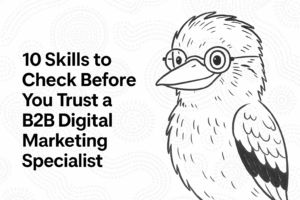
10 Skills to Check Before You Trust a B2B Digital Marketing Specialist
Hiring a digital marketer for a B2B project in Australia isn’t just about finding someone who “knows Google Ads” or “can write LinkedIn posts”. It’s about finding a strategist — someone who understands long sales cycles, niche buyer personas, and how to turn awareness into actual pipeline.
In B2B, especially across industries like SaaS, professional services, medtech, mining, and government, the marketing brief is complex. You’re not selling sneakers — you’re influencing decisions that can take months, involve multiple stakeholders, and demand trust, proof, and timing.
And yet, many companies still end up with marketers who burn the budget on top-of-funnel noise, can’t explain what an SQL is, or think “content strategy” ends with a blog post.
That’s why I’ve pulled together this checklist: 10 critical skills you should look for before handing over your B2B marketing to a freelancer, agency, or in-house hire. Each one comes with practical questions, red flags to watch for, and localised Aussie examples — so you can spot the difference between flashy and functional.
Table of Contents
- Defining and Testing the ICP
- Strategic Thinking
- Content Marketing
- Channel Knowledge
- Email Automation & CRM Nurturing
- SEO That Drives Leads
- Data & Attribution Mindset
- Sales Alignment & Communication
- Conversion UX & Trust Building
- Handling Long Sales Cycles
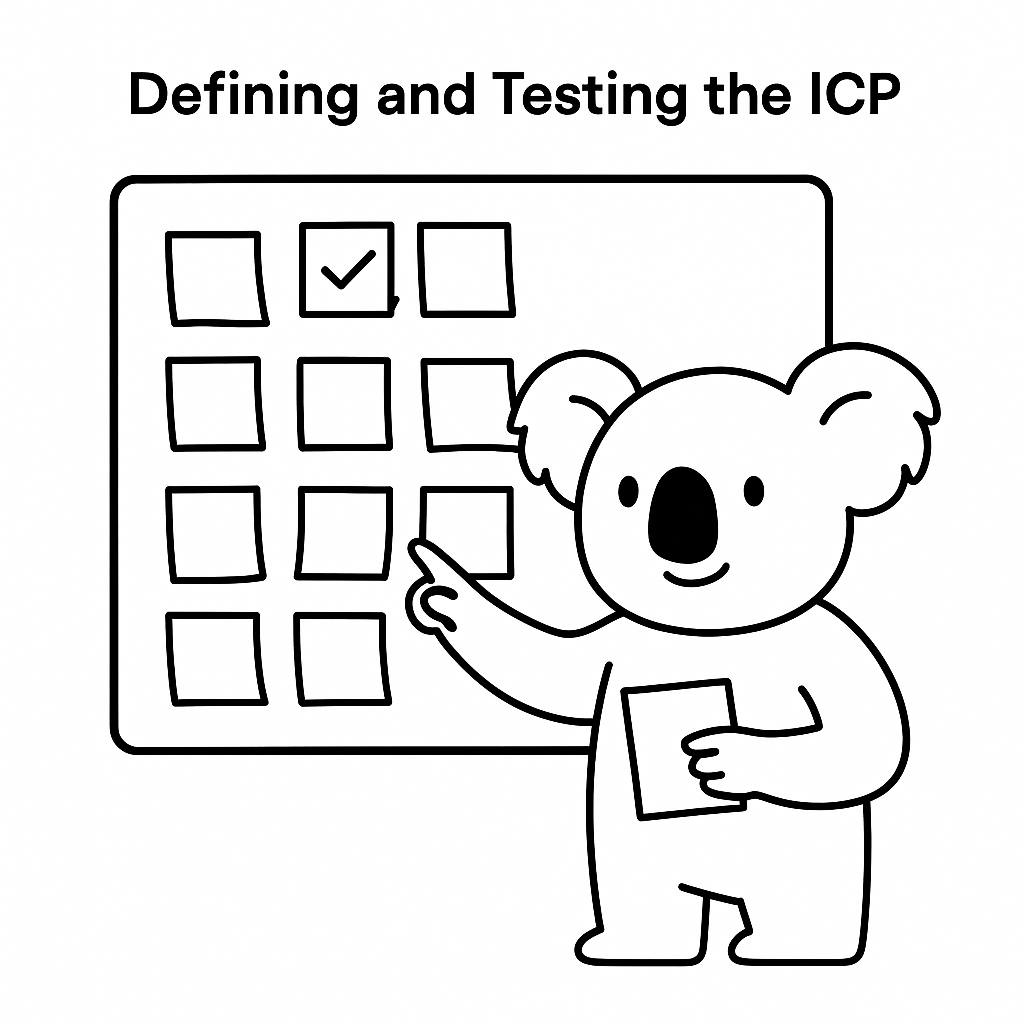
1. Defining and Testing the ICP
You can’t market effectively if you’re unclear on who you’re actually trying to reach. In B2B, especially in Australia, nailing down your ICP — by role, industry, size, and buying behaviour — is step one. Without it, everything else is guesswork.
So how do you know if someone actually has this skill? Here’s what to look for:
- Can they clearly describe your best-fit buyers — by industry, headcount, decision-maker roles?
- Do they understand how to segment audiences in Australian B2B (e.g. mining vs SaaS vs education)?
Try this:
“Can you walk me through how you’d define the ICP for a Melbourne-based HR tech company targeting enterprise clients?”
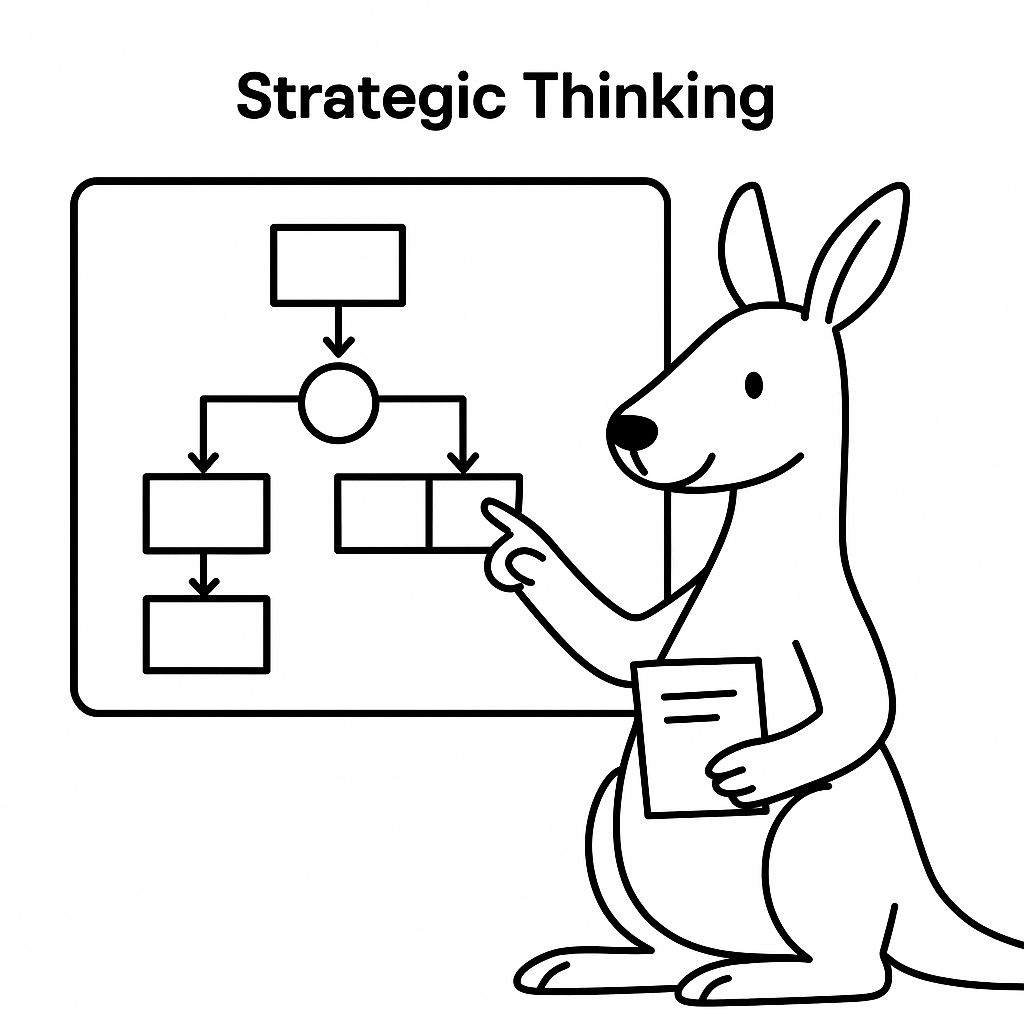
2. Strategic Thinking
Too many marketers jump straight into tactics: “let’s run some ads”. But B2B requires layered, intentional strategy — especially when deals involve months-long sales cycles and multiple decision-makers.
How do you test this in real life? Ask something like:
- Do they connect marketing efforts to business outcomes like pipeline and sales-qualified leads?
- Are they able to map a full-funnel strategy, not just top-of-funnel awareness?
Prompt them with:
“Let’s say we’re launching a B2B product in Australia. What would the first 90-day go-to-market plan look like?”
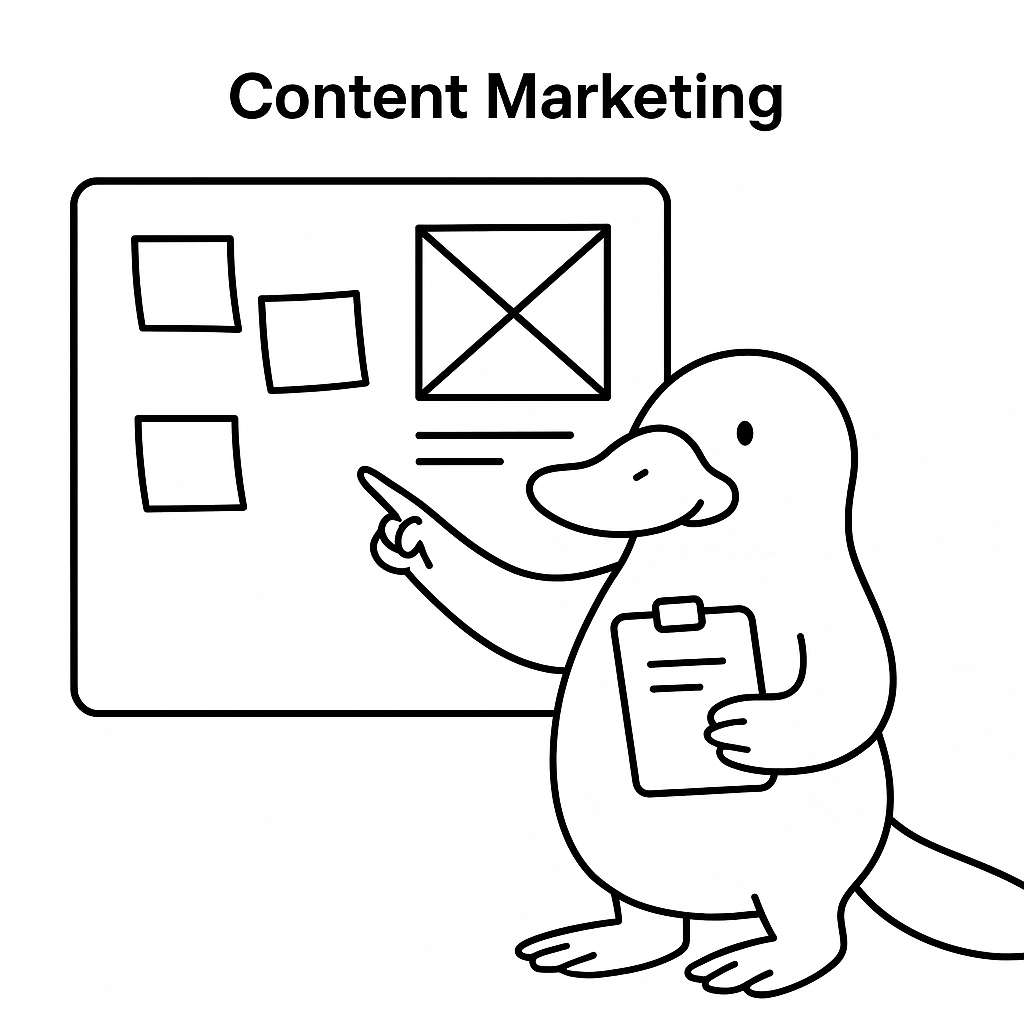
3. Content Marketing
In B2B, content isn’t fluff — it’s how you educate, nurture and build trust. Whitepapers, calculators, case studies — they’re not nice-to-haves, they’re must-haves.
To check this, look for answers to:
- Can they plan and deliver TOFU–MOFU–BOFU content for a long buying cycle?
- Do they understand the role of whitepapers, case studies, and webinars in the B2B space?
Great signs:
Examples like “NBN for SMEs” guides or “Cloud migration ROI calculator” for Aussie IT decision-makers.
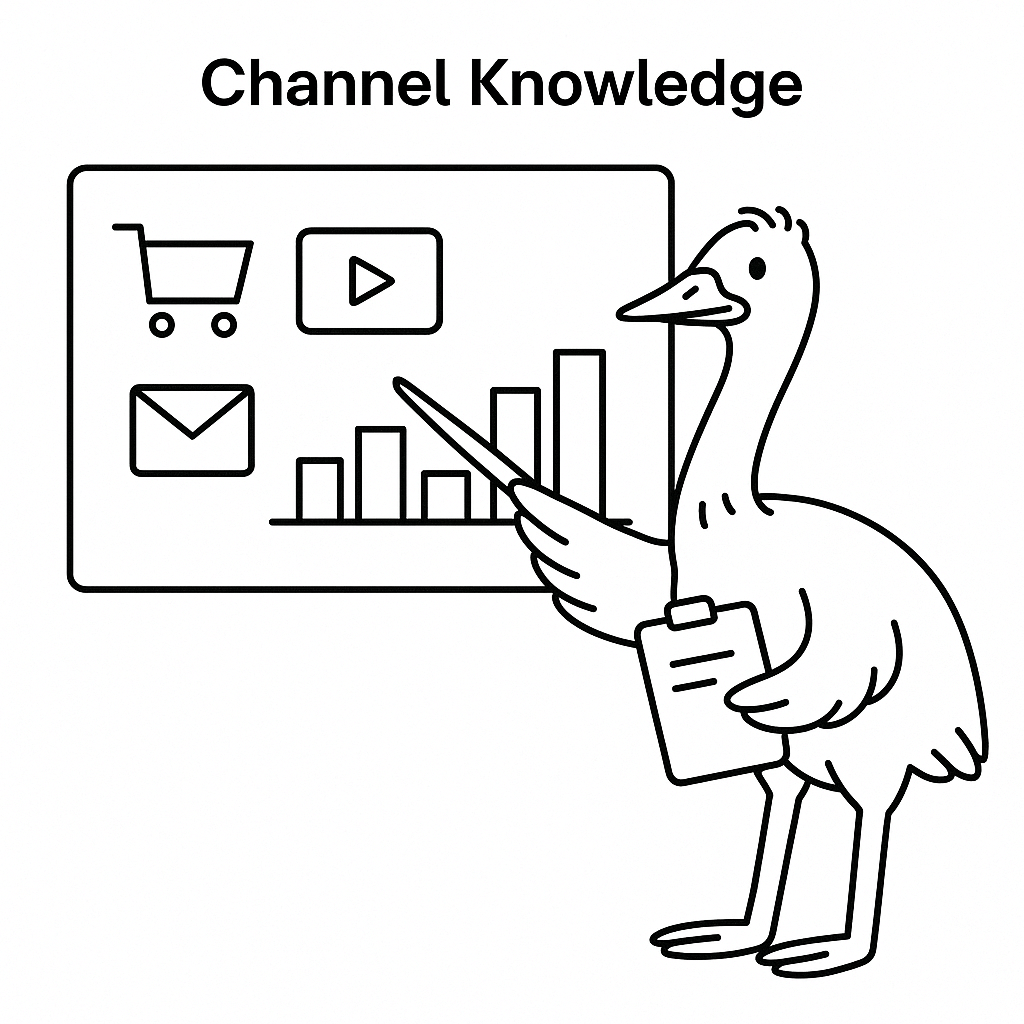
4. Channel Knowledge
Yes, LinkedIn is great — but it’s not the only channel that works in Australian B2B. A good marketer knows the full toolbox: from display ads to curated email lists to industry portals.
Ask this to test their range:
- Have they worked across multiple paid and organic channels — not just LinkedIn?
- Do they know what works for B2B in Australia, like SEEK job ads or SmartCompany newsletters?
Try this scenario:
“What channels would you use to reach Heads of Procurement in logistics companies across NSW and QLD?”
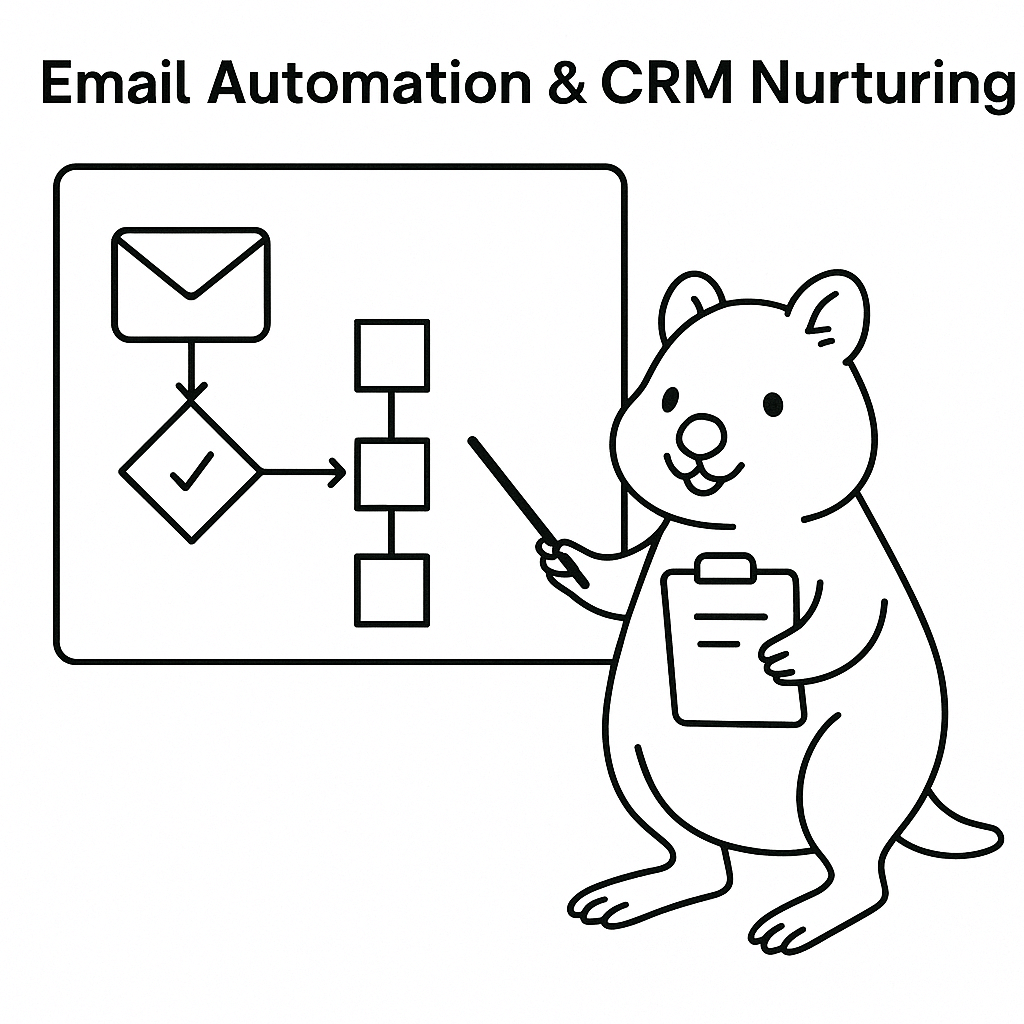
5. Email Automation & CRM Nurturing
B2B buyers rarely convert after one touchpoint. You need smart, well-timed emails connected to buyer behaviour — not just a newsletter blast once a month.
Check if they can:
- Set up effective email sequences, lead scoring, and automation in tools like HubSpot, ActiveCampaign or Autopilot
- Connect emails with CRM data and stages
Look for workflows like:
“eBook download → case study → free strategy call” — especially in Aussie SaaS contexts.
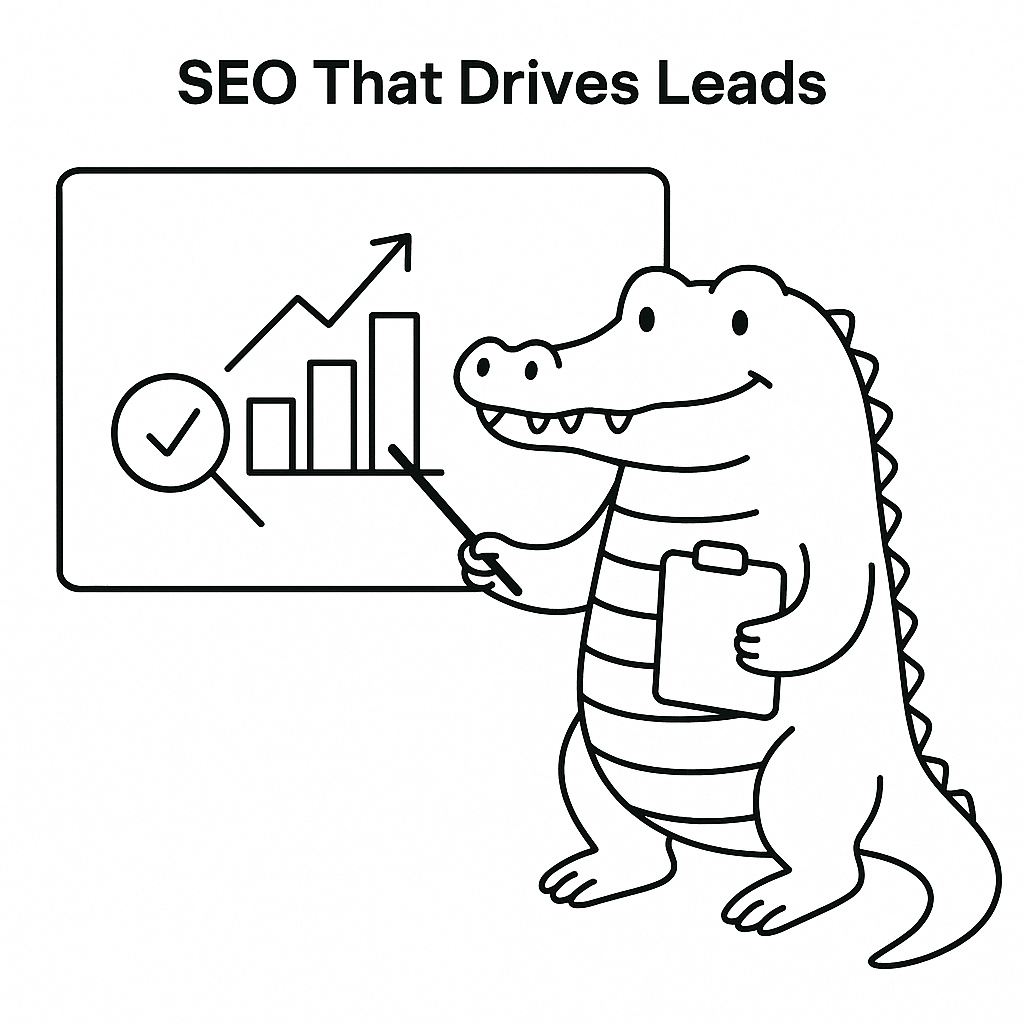
6. SEO That Drives Leads
SEO in B2B isn’t about vanity traffic — it’s about showing up when someone’s looking for a solution to a business problem.
To assess this, ask:
- Do they build keyword strategies around high-intent phrases relevant to B2B decisions?
- Can they plan content clusters that match long, research-heavy buyer journeys?
Try this:
How would you structure SEO content for a cybersecurity company targeting local councils across Australia?
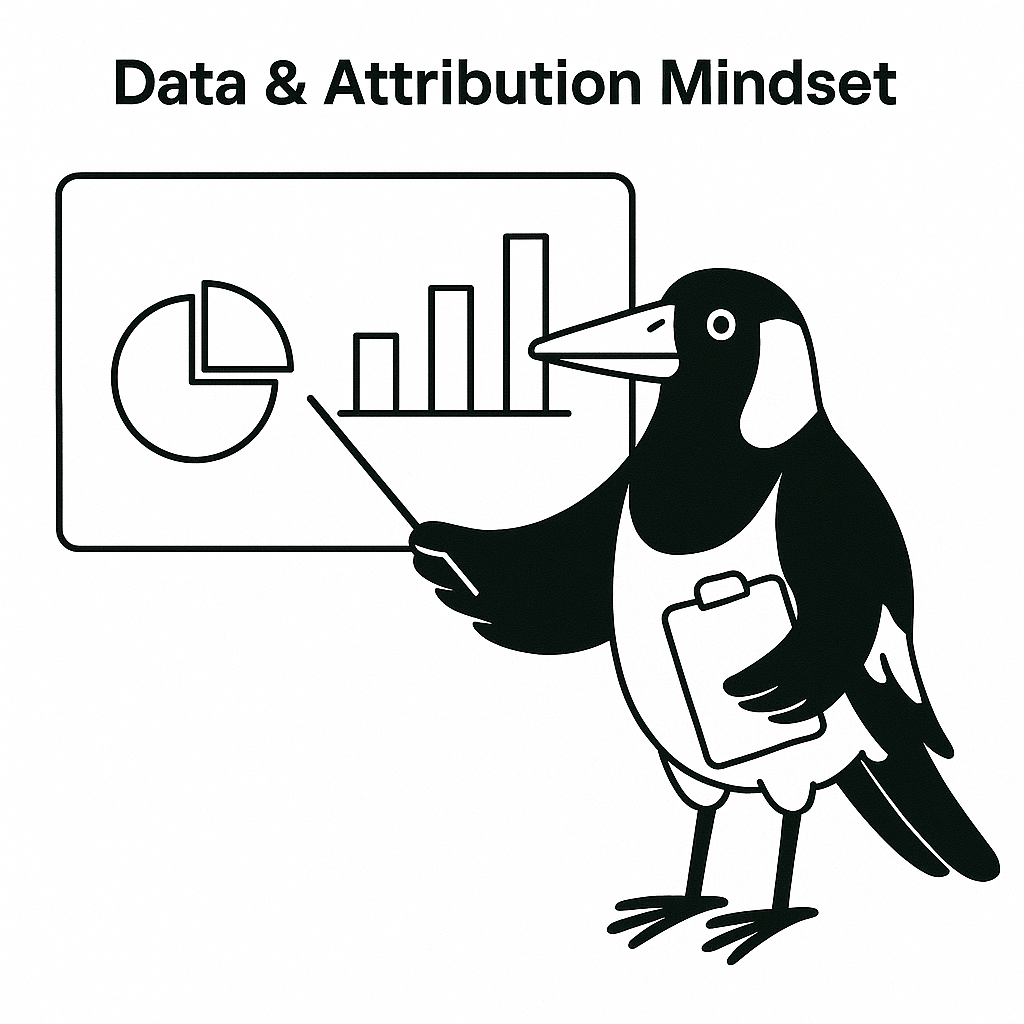
7. Data & Attribution Mindset
Cost per lead is just the surface. A strong B2B marketer needs to go deeper into qualified leads, CAC, time to close, and multi-touch attribution.
To assess this, ask:
- Can they explain how to track not just CPL, but SQL conversion rates, CAC, and pipeline velocity?
- Do they understand attribution challenges in long sales cycles?
Try this:
What metrics would you use to report the ROI of a campaign targeting Australian engineering firms?
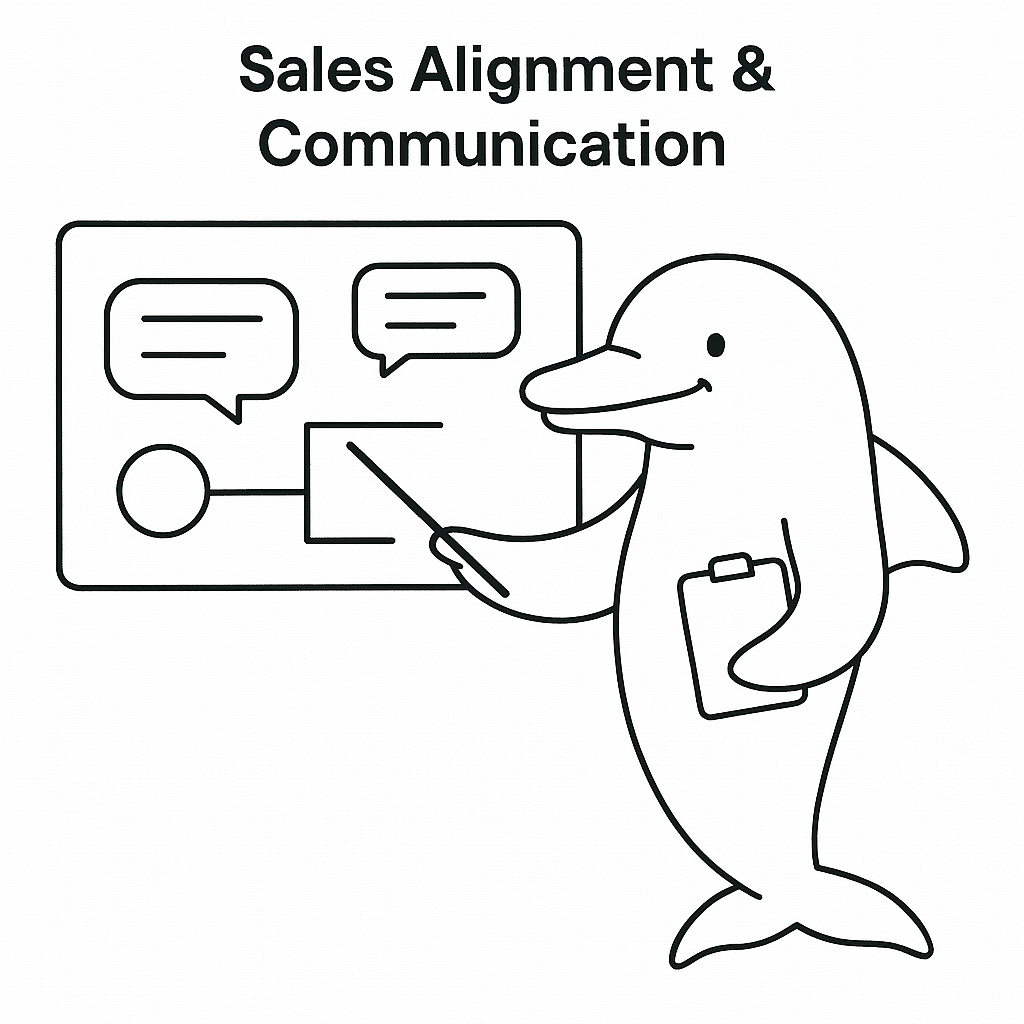
8. Sales Alignment & Communication
If marketing and sales aren’t working together, you’re just collecting names — not closing deals. Alignment is a muscle, not a meeting.
To assess this, ask:
- Have they worked closely with BDMs and sales teams?
- Can they define and track shared metrics — like MQL to SQL handover, response time, and win rate?
Try this:
Look for experience running regular syncs or shared planning with sales leads in sectors like fintech, medtech, or professional services.
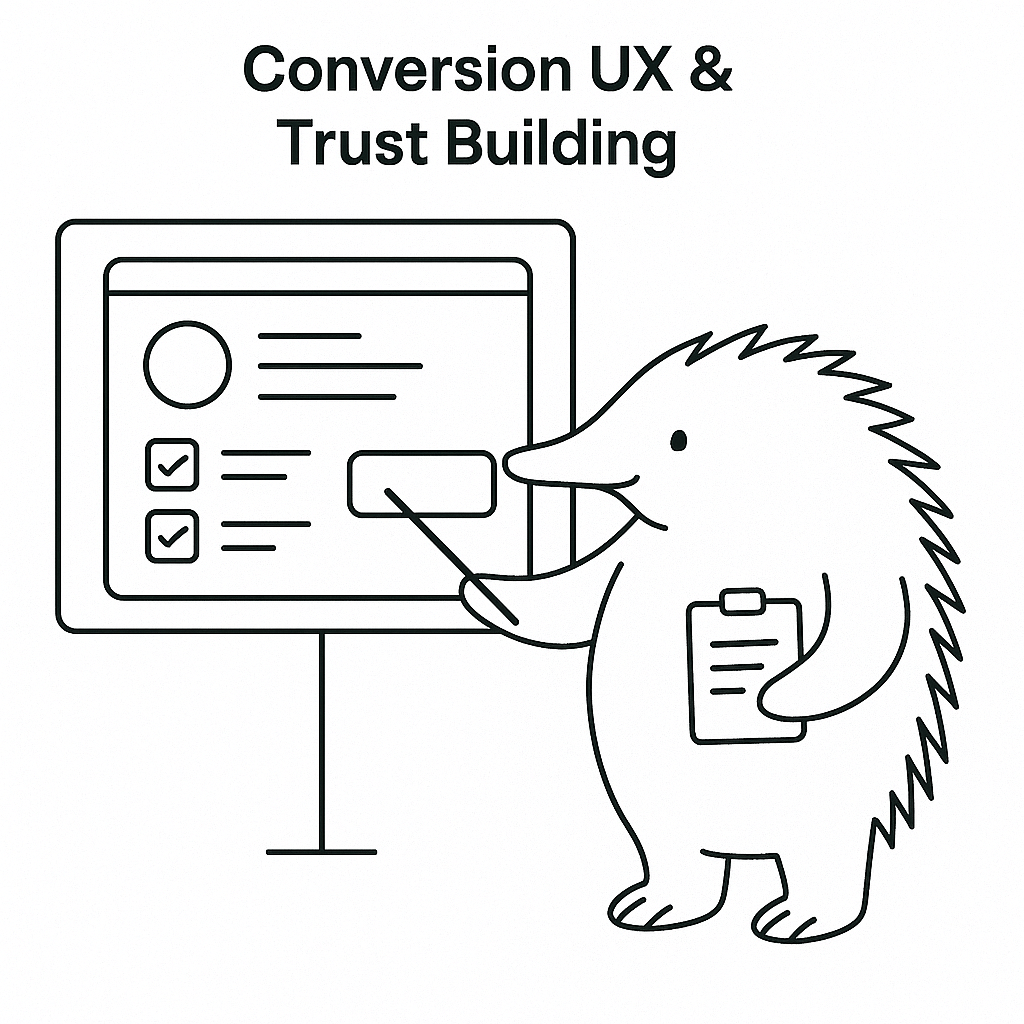
9. Conversion UX & Trust Building
Pretty landing pages aren’t enough. B2B buyers want clarity, proof and credibility. Your marketer needs to know what builds trust in the Australian context.
To assess this, ask:
- Can they identify what’s blocking conversions on a B2B landing page?
- Do they know what increases trust for Aussie buyers — like ABN clients, case studies, ISO/IRAP compliance?
Try this:
Can you review this landing page for our consulting service and point out friction points for Aussie CFOs?
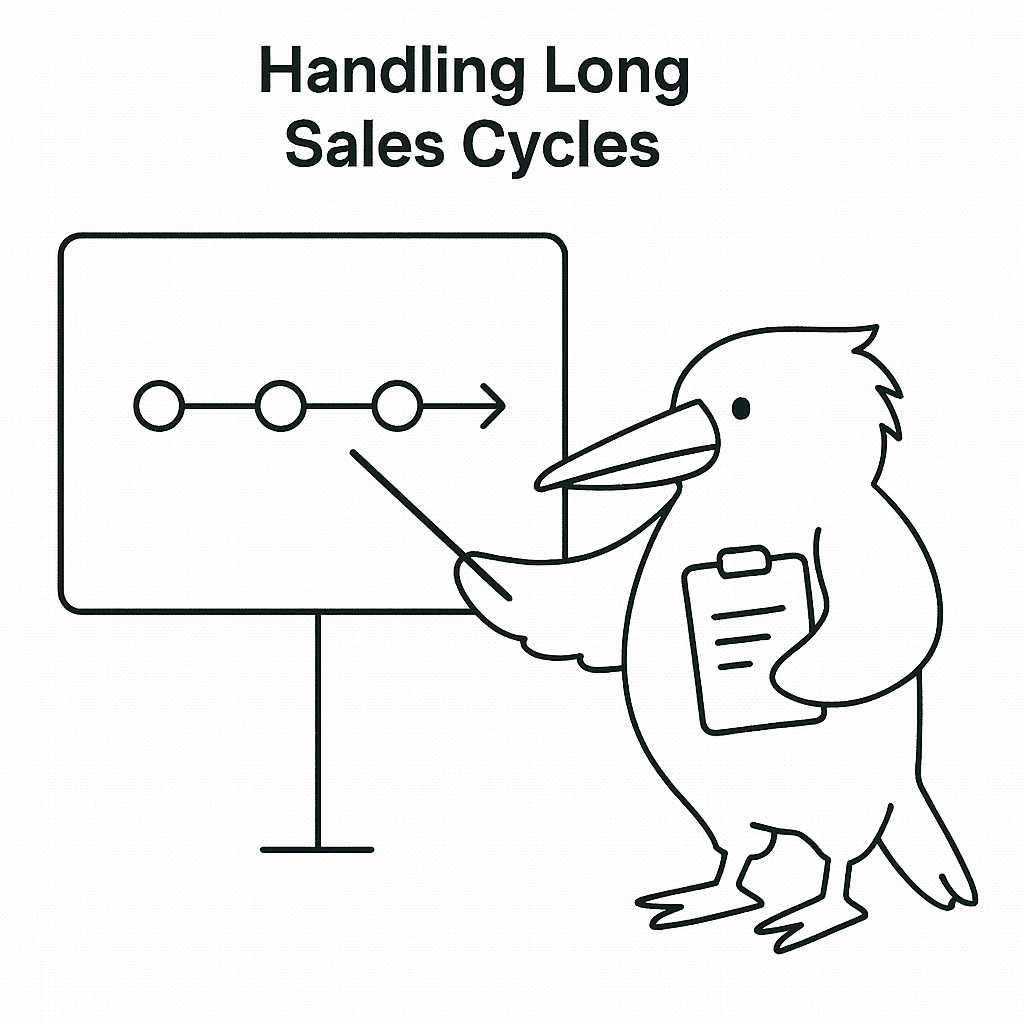
10. Handling Long Sales Cycles
Deals don’t close in a week — and your marketing shouldn’t act like they do. B2B campaigns should nurture leads over months, not just “convert fast”.
To assess this, ask:
- Do they support deals that take months to close?
- Are they familiar with value-first marketing: building authority, not just offers
Check for:
Campaigns like “12-month nurture for enterprise IT buyers” or webinar series for industries with long procurement (e.g. healthcare, mining, gov).
Pro Tip
If they’ve never worked with Aussie B2B clients — ask for their adaptability. Selling to a Perth-based engineering group isn’t the same as doing leadgen for a US SaaS startup. Local nuance matters more than people think.